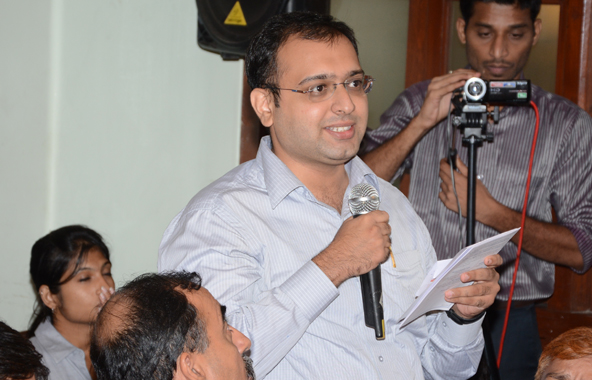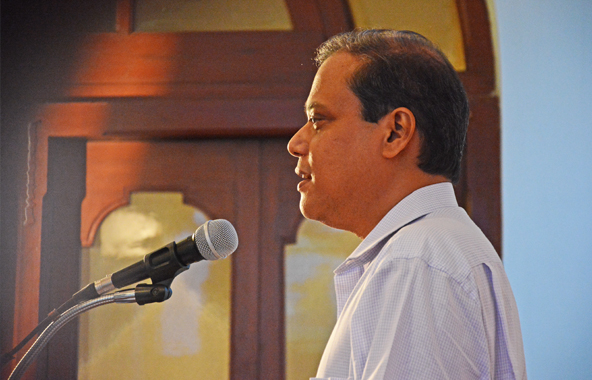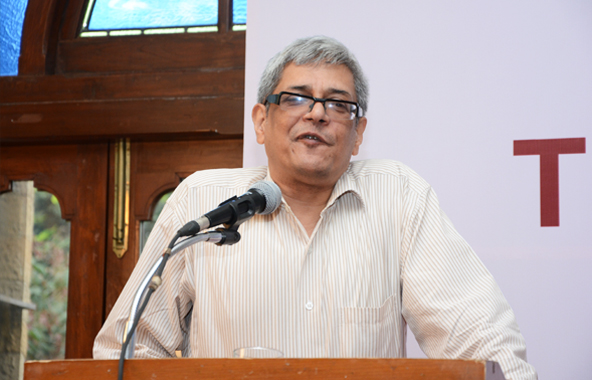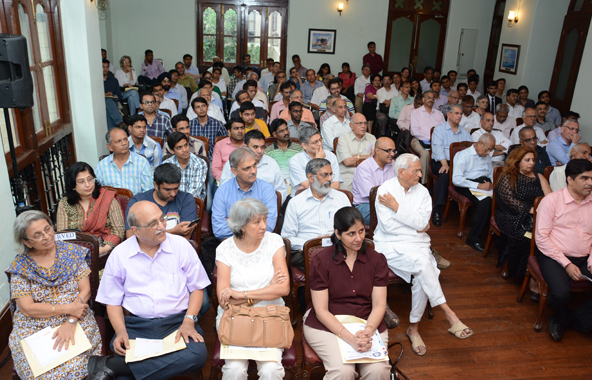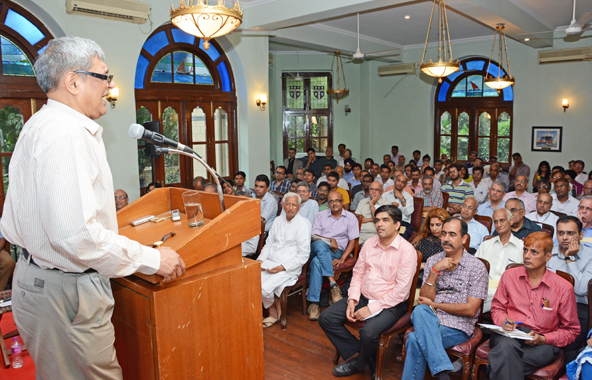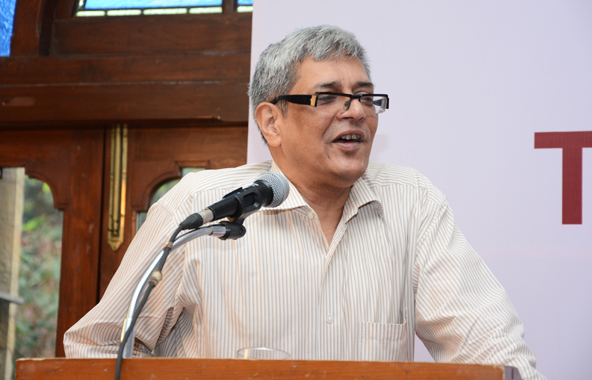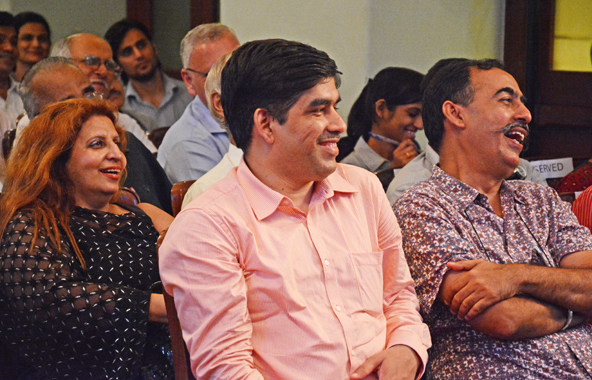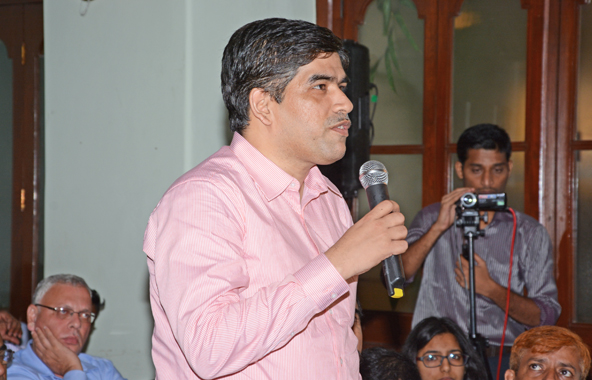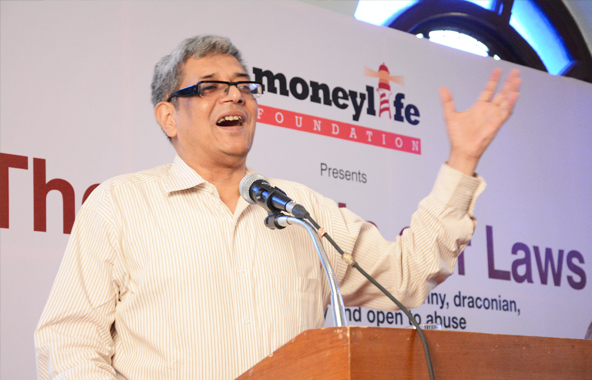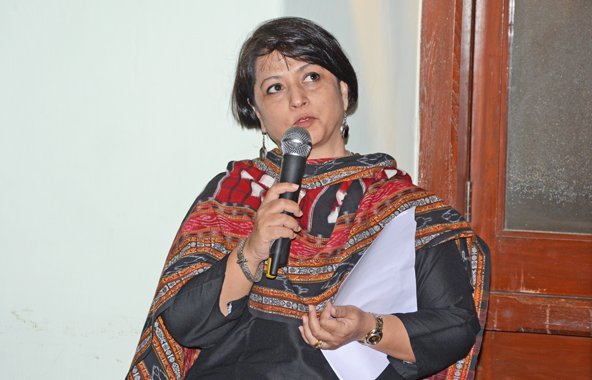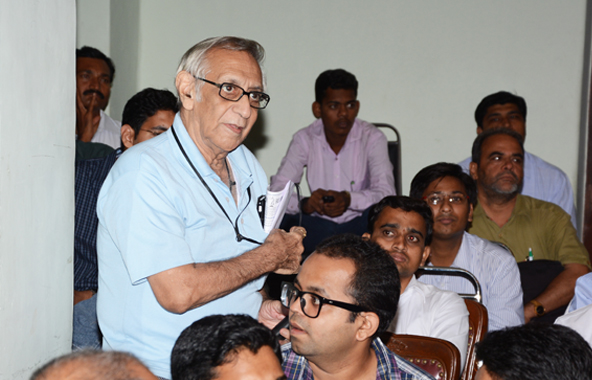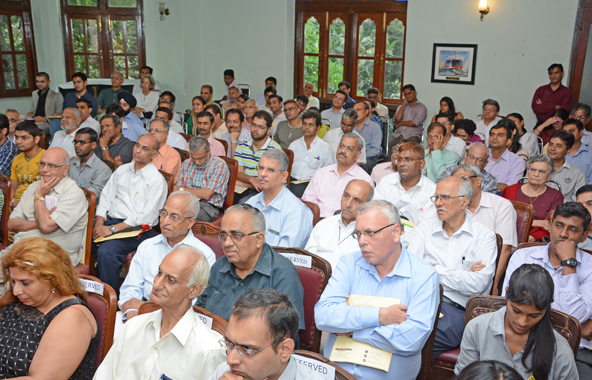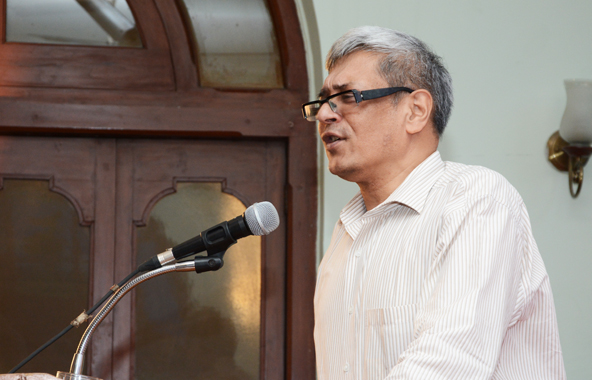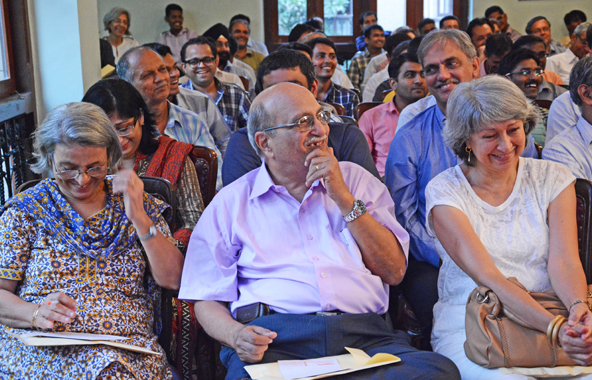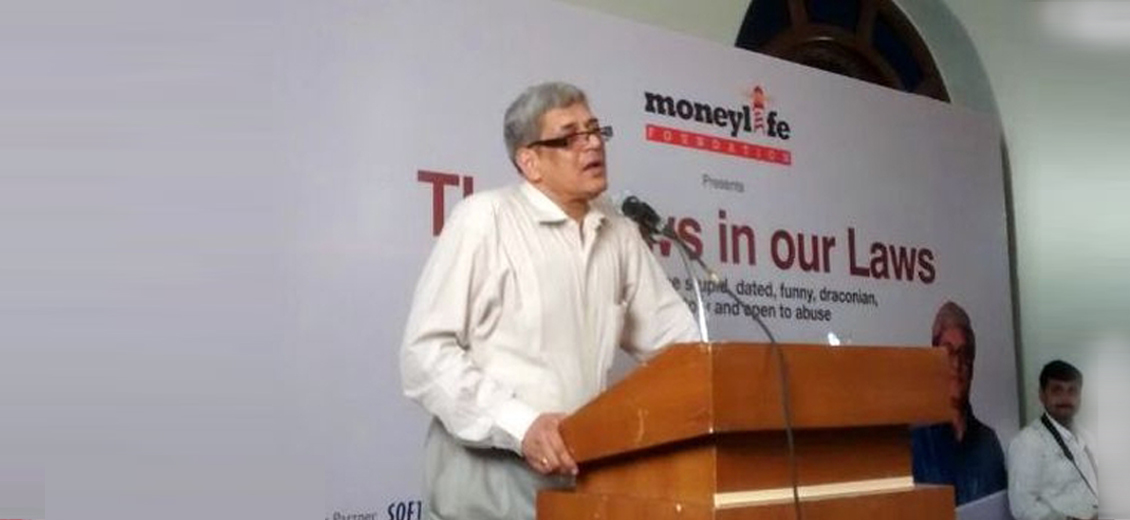
There certainly are flaws in the Indian laws that may appear stupid, dated, draconian, contradictory, open to abuse and sometimes even funny and it is high time we get rid of such absurdities to make the legal system robust, says economist, columnist and author Bibek Debroy. He was speaking at a lecture organised by Moneylife Foundation in Mumbai.
“With a new Narendra Modi government, there is an expectation of overhaul of the legal system. The new prime minister has been talking about statutory reforms that he had carried out in Gujarat. There are some development on civil laws, but there is equal need of reforms in criminal laws, including police reforms,” he said.
According to Mr Debroy, it is easy to find old and dysfunctional sections in several laws. “Sometimes,” he said, “the entire statute is old and can be scrapped. Sometimes, the statute needs retention, but sections need to be scrapped and or replaced. So far only Rajasthan and Madhya Pradesh have looked into old statues and worked upon it.”
Laws, especially old ones, led to bribery, corruption and harassment. It hurt the poor entrepreneur relatively more. There was ample evidence to prove that street vendors and rickshaw-pullers faced harassment and had to pay bribes.”
“We do not readily know the number of statutes in the country. There is no complete state list, and we can only guess how many state-level statutes there are for all states. Then there is the problem of counting. I mean, whether to count to the amended statute separately or not. Subject to such caveats, there are 2,500-3,000 Union statutes. The oldest are Bengal Districts Act and Bengal Indigo Contracts Act of 1836, and there are around 140 that go back to the 19th century and another 200 that predate Independence,” Mr Debroy added.
There are several flaws in our laws like…
1. India’s central bank is a temporary institution under the Reserve Bank of India Act, 1934
2. The Essential Commodities Act of 1955 and the Agriculture Produce Marketing Committee Act do not permit free movement of agricultural produce.
3. The Bengal Bonded Warehouse Association Act, 1838, stipulates that only residents of the Presidency of Fort William in Bengal can be its directors and the association can sell its property only to the East India Company.
4. It is a crime and you are punishable if you wage war against the government of any Asiatic Power in alliance or at peace with the Government of India.
5. If there is a locust attack in Delhi, all adult males will be called upon to fight the invasion, with an announcement to arms made with drum beats; refusing to answer the call will be a crime?
Mr Debroy, who had authored dozens of books on trade, education, health, law and governance, said, “Why do we still have such laws on statute books? Why does it take 20 years on an average to resolve a dispute in the Indian Legal System?”
One of the major issues with the Indian legal system is the delay. According to reports, there are 32 million cases pending in different courts in the country. Then there is an issue of vacancies across courts. At the level of High Courts, there are about 32% fewer judges than there are posts while the same at the district level is 21%.
Justice delayed is justice denied, however, the flaws in Indian legal system give rise to unlimited frivolous suits, for not to seek redress but to cause harassment to the opponent. This is one of the most important causes of the accumulation of arrears, as opined by several experts time and again.
“The constitution itself needs reforms but it is not easy to change the constitution. If we fix or modify or bring reforms into our laws, we can achieve 1.5% more GDP every year,” Mr Debroy added.


